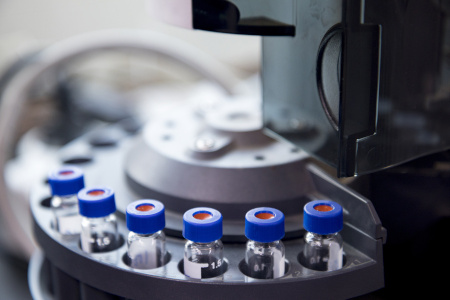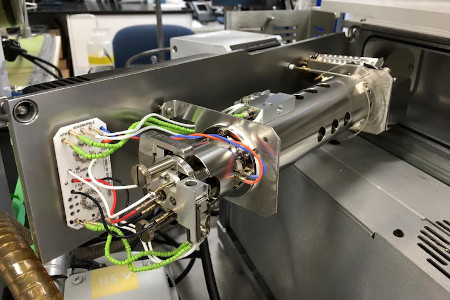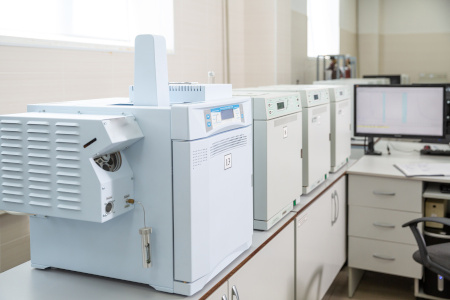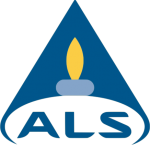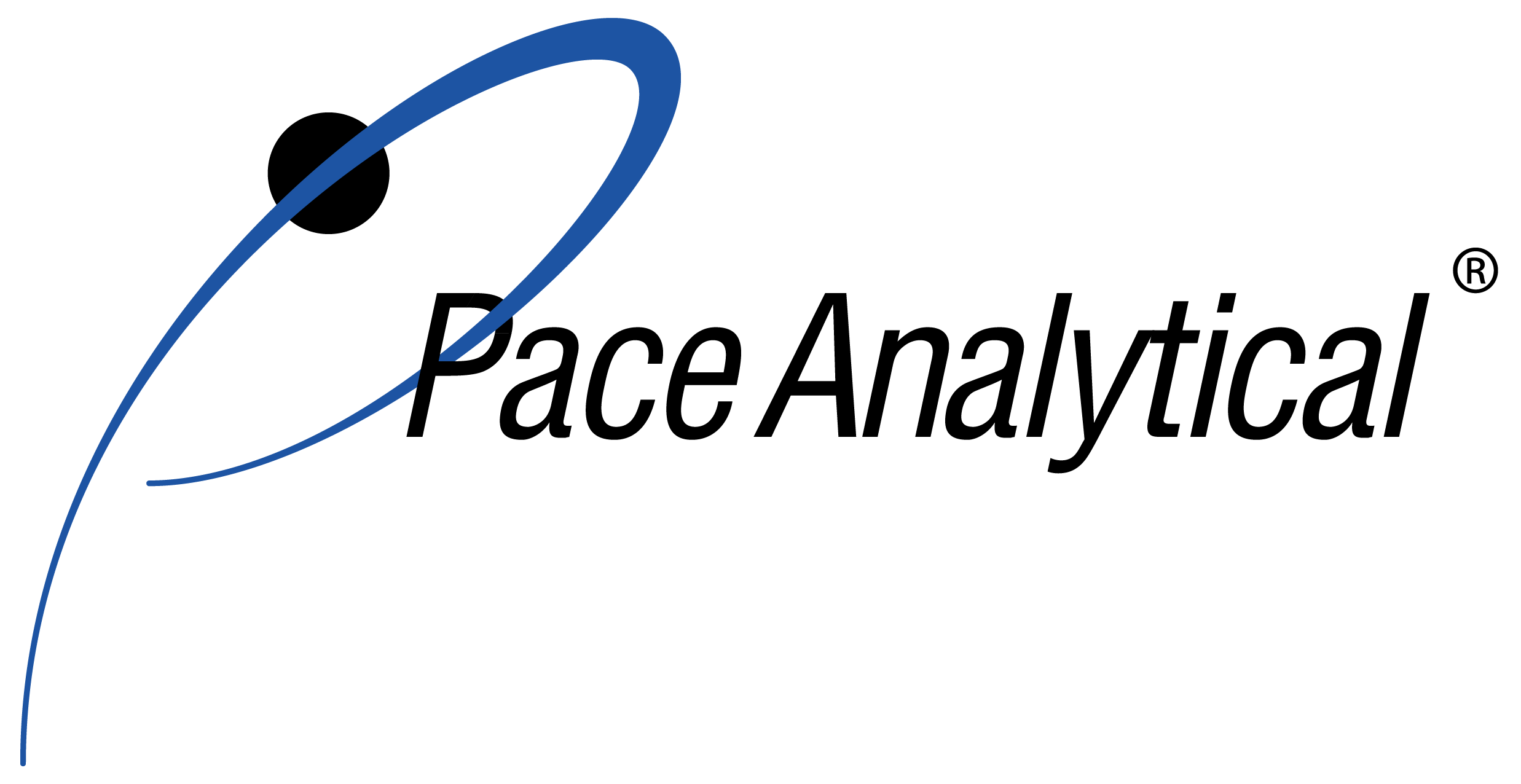DATA SERVICES
We offer data quality consulting services to our clients on a broad range of environmental projects at sites across the USA.
DATA CONSULTING SERVICES
The following are the core services we offer. However, we consult on all aspects of data quality for our clients, and are eager to help at any stage of your project.
Quality Assurance Planning
Quality assurance planning is the first step toward producing high quality data. We coordinate with analytical laboratories and prepare, review, and update quality assurance project plans (QAPPs) for our clients.
Data Verification
Data verification is the next step in ensuring defensible data. We can perform third-party oversight of sample management, reviewing chains of custody and laboratory receiving paperwork to check that no mistakes are made.
Data Validation
Data validation is the process of reviewing quality assurance and quality control information, and identifying and qualifying data that are of impaired quality. This is a bulk of the work we do. For more information, see below.
Data Usability Assessment
Once data has been validated, we perform data usability assessments with and for our clients, determining if and how data of impaired quality can be used to support environmental project decision making.
THE FOUR STAGES OF DATA VALIDATION
The EPA defines four stages of data validation in their Guidance for Labeling Externally Validated Laboratory Analytical Data for Superfund Use (2009). These stages have been adopted as an industry standard, defining the level of data validation required for a given project.
Stage 1 data validation involves checking that laboratory reports are complete and that all requested analyses were performed and correctly reported. It is the most basic level of data validation, and does not include review of any detailed QC information. Stage 1 validated data may be adequate for screening purposes, but is generally not considered adequate for projects where data must be defended for risk-based decision making. Stage 1 data validation includes the following checks; additional checks may be required for radiochemical analyses.
- Laboratory report documents sample receiving conditions for all samples.
- Requested analytical methods were performed.
- Target analyte results are reported along with appropriate laboratory data qualifiers, reporting limits, and units. This may include checking that soil sample results are reported on a dry-weight basis, if required.
- Sample collection, prep, and analysis dates and times are documented.
Stage 2A data validation includes all elements of Stage 1 data validation, as well as checks on the compliance of sample-related quality control (QC). This includes verification that sample-related QC elements, checks, or standards were performed at the required frequencies. Sample-related QC data is compared to performance criteria, and where criteria are not met, associated sample data are qualified. Performance criteria may derive from the project QAPP, agency guidance documents, contractual requirements, and/or the analytical methods. Stage 2A data validation includes review of the following QC elements:
- Sample holding times
- Percent recoveries for surrogates and laboratory control sample (LCS), matrix spike (MS), and post-digestion spike samples.
- Relative percent difference (RPD) for LCS duplicates, MS duplicates, Field duplicates, and Laboratory duplicates
- Blank samples to check for sample contamination; this includes method blanks, trip blanks, field blanks, and equipment blanks, and other blanks at the field or preparatory batch level.
Stage 2B data validation includes all elements of Stage 2A data validation, as well as reviewing compliance of instrument-related quality control. This includes verification that instrument-level QC elements, checks, or standards were performed at the required frequencies. Stage 2B data validation includes review of the following QC elements:
- Initial calibration
- Initial calibration verification
- Continuing calibration verification
- Continuing calibration blanks (instrument blanks)
- Additional method-specific performance criteria, including:
- Internal standard responses and retention times
- Dual-column confirmation
- Mass specrometer tuning checks
- DDT/Endrin breakdown and benzidine/PCP tailing factor performance checks
- Linear dynamic range, spectral interference, and dilution checks
Stage 3 data validation includes all elements of Stage 2B data validation, as well as recalculating field and QC sample results from the laboratory instrument responses. Once results are recalculated, they are reviewed for compliance with regard to Stage 2A and Stage 2B performance criteria, and compared to original results reported by the laboratory. Where compliance failures or substantial deviations from the original results are identified, data are qualified appropriately. Stage 3 recalculations are labor intensive, and thus are typically performed on a small subset of the data. Stage 3 recalculations should be performed by an experienced chemist familiar who is familiar with the preparatory and analytical methods used. Coordination with the laboratory is useful to ensure calculations are set up correctly. When planning for Stage 3 data validation, it is important to specify in your QAPP what percentage of the data will be recalculated, and how that percentage will be selected.
Stage 4 data validation builds on Stage 3 data validation to include review of raw instrument outputs. Stage 4 data validation is labor intensive and is typically performed on a small subset of the data. Examples of raw instrument outputs reviewed during a Stage 4 data validation include chromatograms, mass spectra, and atomic emission spectra. The chemist checks for correct identification and quantitation of analytes, and confirms non-detected or tentatively identified compounds. A Stage 4 data validation may be warranted to evaluate the validity of anomalous results (e.g. new contaminants identified far from potential sources, outliers in long term monitoring), but is rarely performed for all sample results. Stage 4 data validation is somewhat more qualitative than the other stages of data validation, involves significant professional judgement, and should only be conducted by a chemist with significant experience with the method in question.
DATA QUALITY REPORTING OPTIONS
We offer three basic levels of data quality reporting. For more information, or to request an example of a data quality report, please contact us.
This is the most basic data quality report we offer. The data validation report (DVR) includes key data verification and validation findings (for failures impacting data quality only), accompanied by more-detailed data validation checklists for each sample delivery group. It includes a brief summary of data usability with respect to precision, accuracy, representativeness, comparability, completeness, and sensitivity (PARCCS). The DVR will also include a table summarizing analytical sensitivity (where reporting limits exceed project action limits for non-detect results, if any) and a table of qualified results (if any).
This the most popular data quality report we offer and is appropriate for most projects. It provides thorough documentation of data verification, data validation, and data usability assessment findings, including attached data validation checklists (or ADEC laboratory data review checklists) for each sample delivery group. The data quality assessment (DQA) includes all elements of the DVR, plus a more in-depth data usability assessment with respect to PARCCS.
The chemical data quality review (CDQR) report is the most detailed data quality report we offer. It includes thorough documentation of the data verification, data validation, and data usability assessment process. It includes all elements of the DQA, plus additional summary tables as appropriate for different QC elements. It is appropriate for large datasets and higher stages of validation (Stage 2B and above), and is often requested for DoD projects.
OTHER DATA CONSULTING SERVICES
The following are some of the supplemental data services we offer. Contact us if you have a specific chemistry or data deliverable requirement you need met!
CONTAMINANT TESTING & ANALYSIS
We have experience with a wide range of contaminants and analytical methods used to test for them in environmental media, including drinking water, groundwater, surface water, sediment, soil, and more.
- Per- and polyfluoroalkyl substances (PFAS) – LC/MS-MS with isotope dilution: EPA Methods 537M, QSM B-15, 1633
Volatile Organic Compounds (VOCs) – GC/MS: Methods 8260, 8260-SIM, 8011, 624, 524
- Semivolatile Organic Compounds (SVOCs) – GC/MS: Methods 8270, 625, 525
- Polycyclic aromatic hydrocarbons (PAHs) – GC/MS SIM: Methods 8270-SIM, 625
Metals – ICP-AES: Methods 6010, 200.7; ICP-MS: 6020, 200.8; AA: 7470A, 7471B, 245.1
Hexavalent chromium – colorimetry: 7196A; IC: 7199; IC-ICP-MS: BAL-4300
Petroleum hydrocarbons – GC/FID or GC/PID: AK101, AK102, AK103, 8015, 8021B, NWTPH-EPH, NWTPH-VPH
Pesticides – GC/ECD: 8081B; GC/MS: 8270-SIM
PCBs – GC/ECD: 8082A
Explosives – 8330B
VOCs and SVOCs in air – GC/MS: TO-15, TO-17 (incl. passive sampling devices); GC: TO-12;
Organic and inorganic parameters and contaminants in water and waste-water by a wide variety of SW-846, SM, and ASTM methods.
We provide expert chemistry support to our clients!
OUR CLIENTS
We have the pleasure of providing data services for numerous clients, including some of the top Alaska Native Corporation subsidiaries and 8(A) environmental contractors.
FEDERAL AGENCY EXPERIENCE
We have experience helping our clients achieve the data quality requirements of the following federal agencies.
